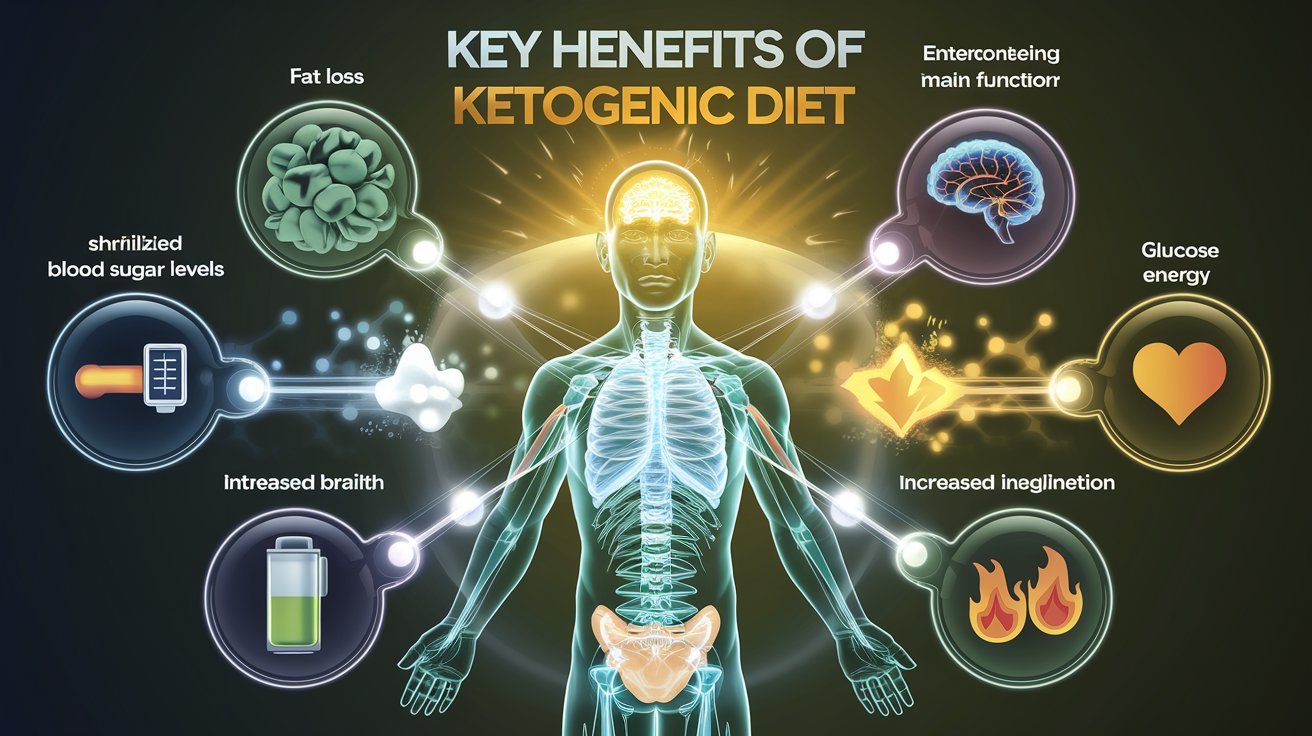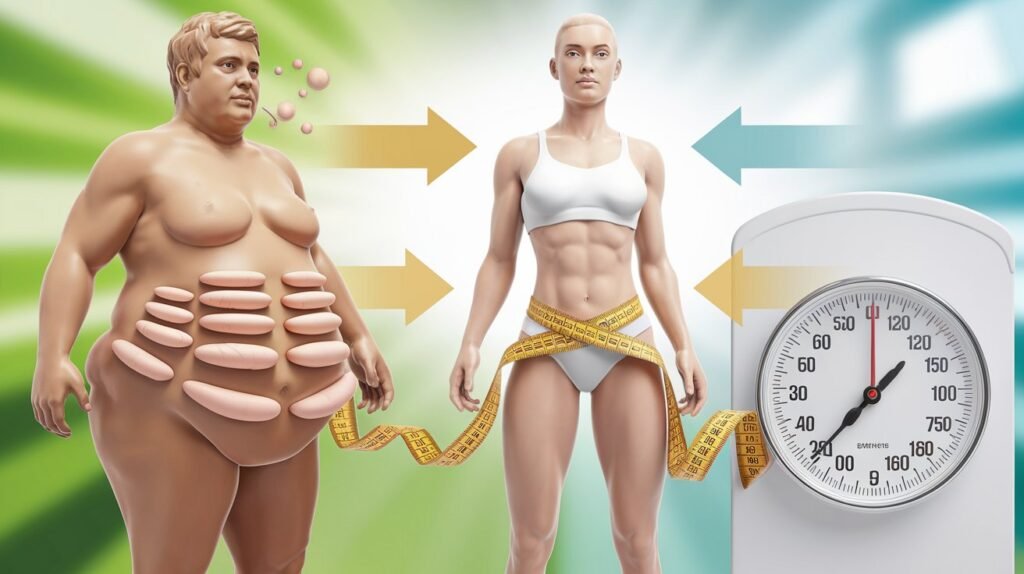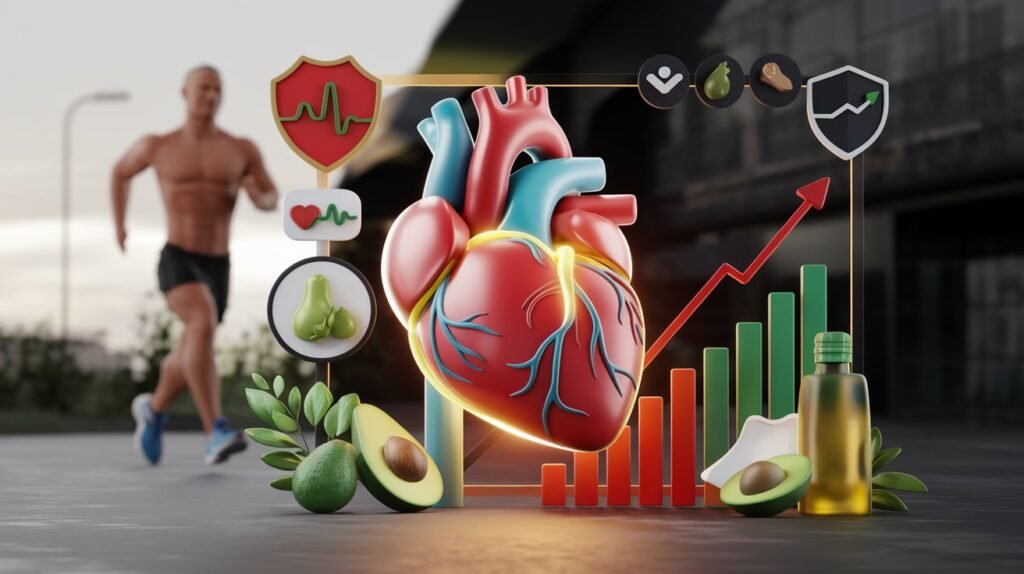Physical Address
KM 21 Aba/PH Express Way Oyigbo Portharcourt Nigeria.
Physical Address
KM 21 Aba/PH Express Way Oyigbo Portharcourt Nigeria.

The best Blog and product review Site

The best Blog and product review Site

A diet focusing on high-fat, moderate-protein, and low-carbohydrate consumption, keto aims to shift the body’s primary fuel source from carbohydrates to fats.

Get a Keto Made Easy: A Beginner’s Guide to the Ketogenic Diet Here.
Studies have shown that people on keto tend to lose more weight and body fat compared to those on traditional low-fat diets. Fats and proteins are more satiating, meaning people feel fuller for longer, resulting in a natural reduced calorie intake.
Some studies have reported that individuals on a keto diet may even reduce or eliminate their need for diabetes medication. Moreover, a ketogenic diet can improve insulin sensitivity, allowing cells to respond more effectively to insulin and reducing insulin resistance, a common issue in type 2 diabetes.
This aspect of the keto diet may be particularly beneficial for individuals dealing with mental fog or those who need sustained concentration for work or study.
Additionally, ketosis helps the body tap into fat stores for energy, making it easier to sustain energy levels, especially during extended physical activities.

Studies have shown that people on the ketogenic diet may experience lower triglyceride levels, a key marker for heart disease risk. However, it is essential to approach keto balance, choosing healthy fats over processed or trans fats to ensure they support cardiovascular health.
Additionally, ongoing research is investigating the potential neuroprotective benefits of ketosis for other neurological conditions, such as Alzheimer’s disease, Parkinson’s disease, and multiple sclerosis. Preliminary studies suggest that the brain may function more efficiently in ketosis, which could benefit individuals with these conditions.
Some women with PCOS who have adopted a ketogenic diet have reported improvements in symptoms such as regular menstrual cycles, weight loss, and better fertility outcomes. However, more large-scale studies are needed to confirm these benefits fully.
Additionally, ketones have been shown to have anti-inflammatory effects on the body. The reduction in inflammation may contribute to the overall improvements in health experienced by many individuals on the ketogenic diet.
Get a Keto Made Easy: A Beginner’s Guide to the Ketogenic Diet Here.
Conclusion
The ketogenic diet offers a range of potential health benefits, from effective weight loss and improved insulin sensitivity to enhanced mental clarity and reduced inflammation. While more research is needed in some areas, existing studies and anecdotal evidence suggest that the keto diet can be a powerful tool for managing health and wellness. However, it’s essential to approach keto carefully and ensure it is well-balanced, incorporating healthy fats, nutrient-dense vegetables, and adequate protein to achieve the best results.
As with any diet, it’s essential to consult a healthcare professional before starting keto, especially for individuals with existing health conditions such as diabetes or cardiovascular disease.
Get a Keto Made Easy: A Beginner’s Guide to the Ketogenic Diet Here.